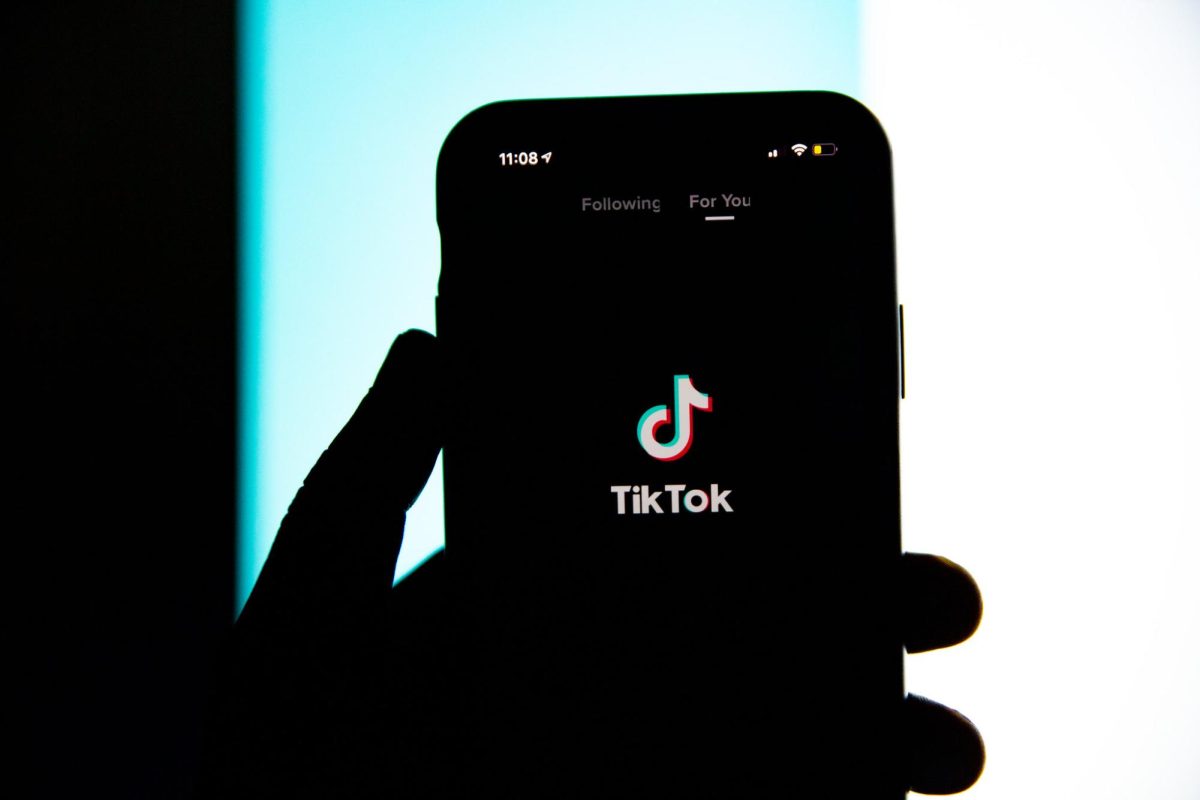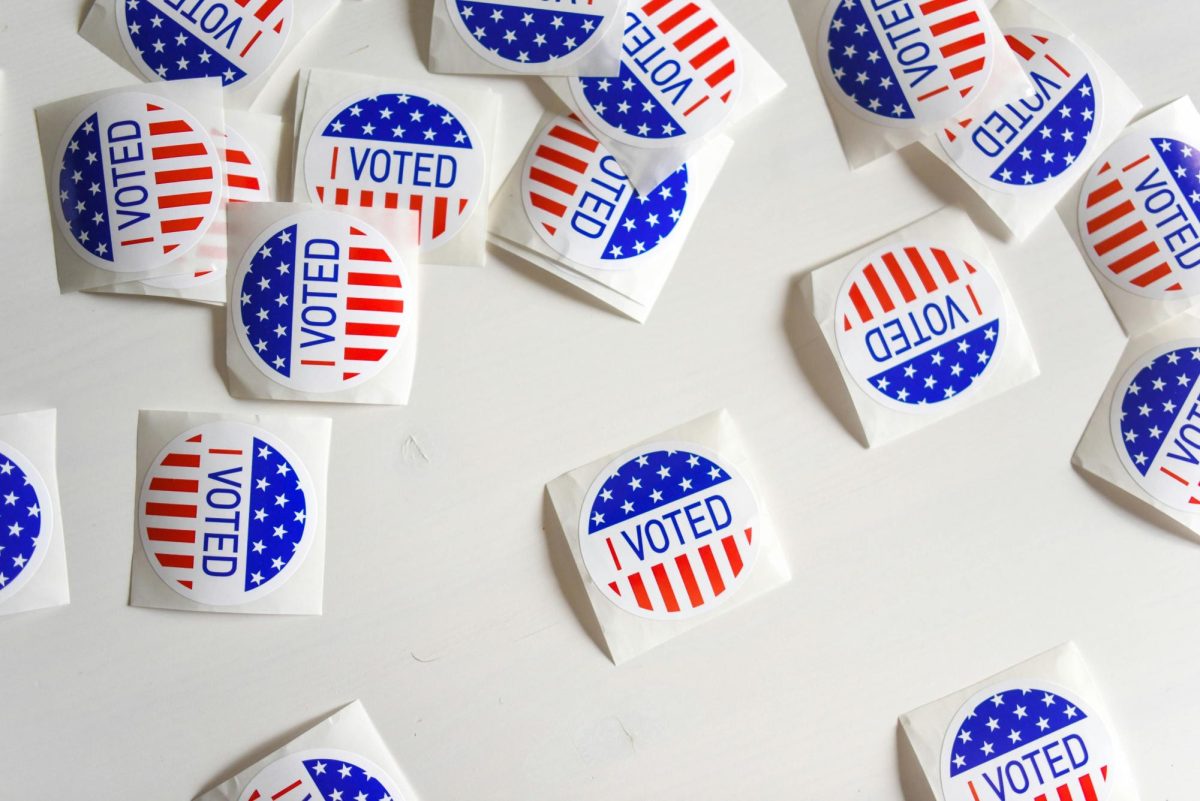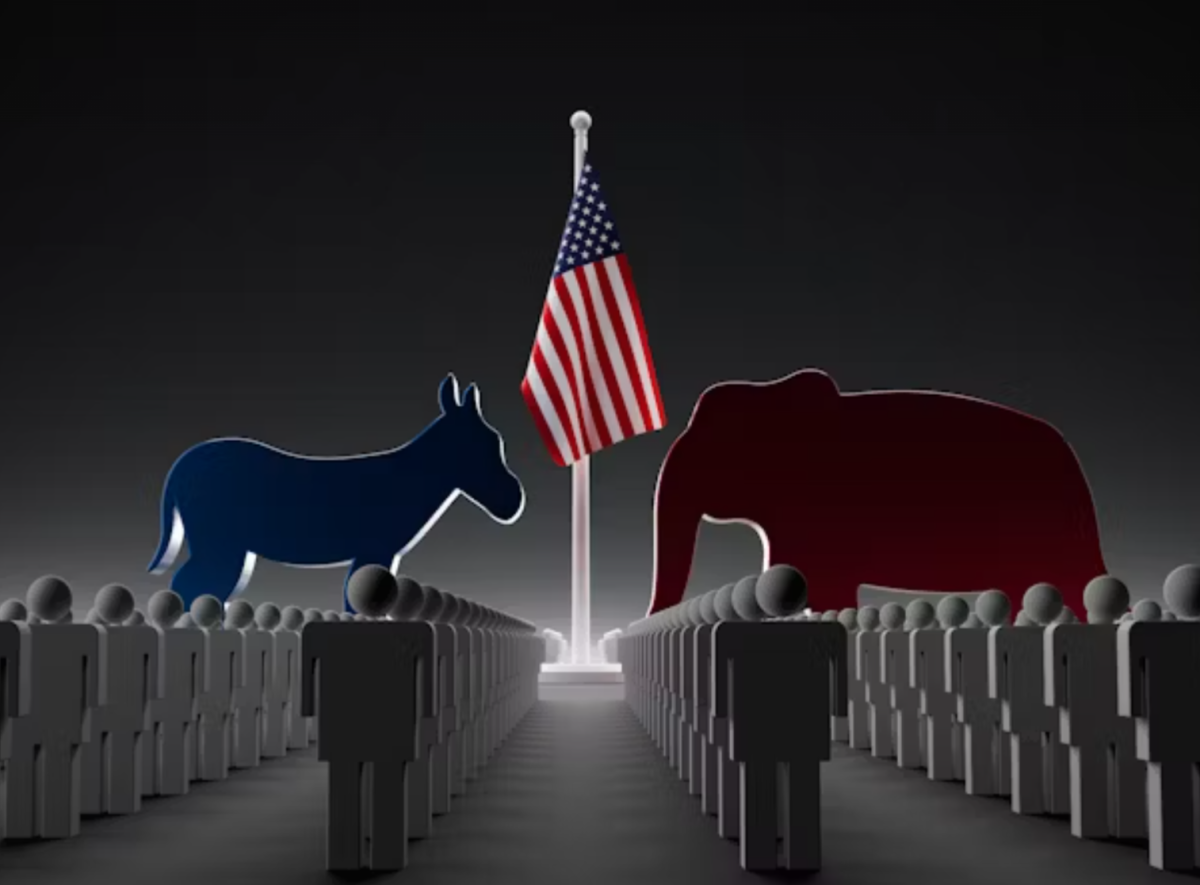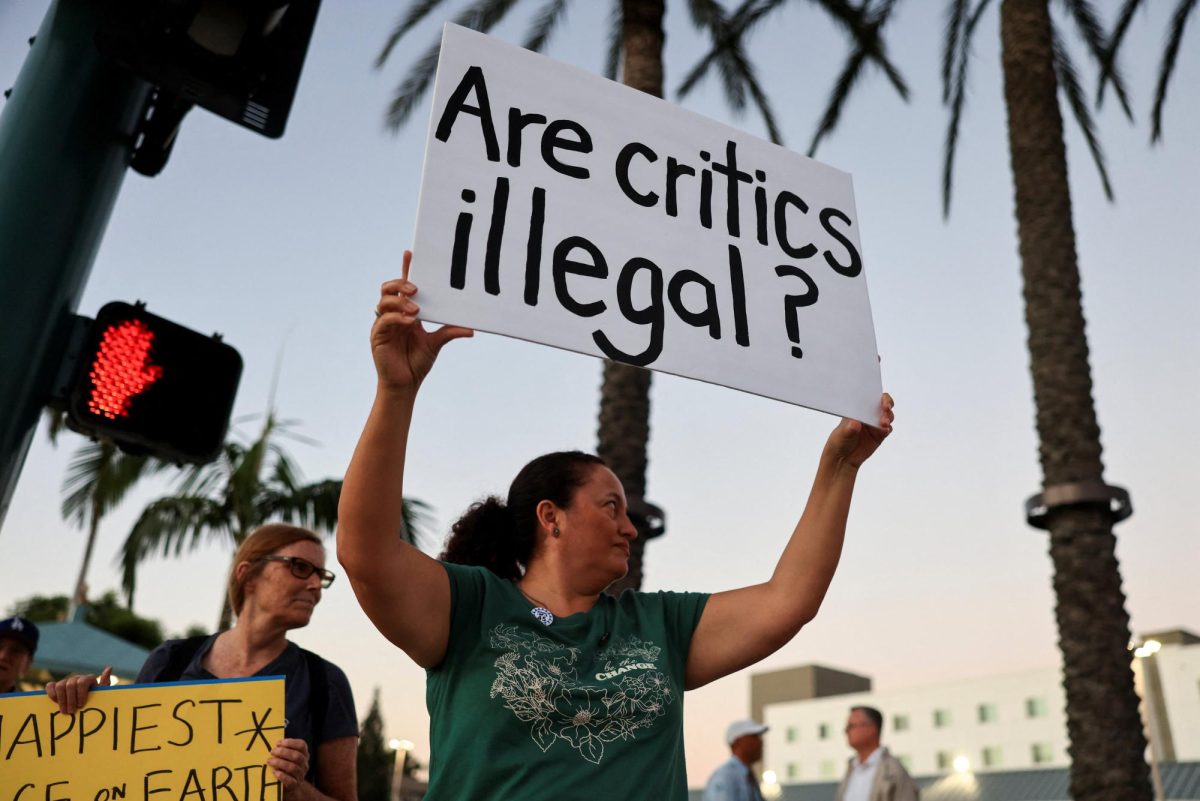Gone are the days when TikTok was solely an app for innocent lip-synching videos, pure entertainment and light-hearted fun. Today, it stands as a breeding ground for negativity, where chronic users spend their time nitpicking and criticizing everything they possibly can.
The constant flood of hostility has sounded out the platform’s true intention: to connect users through creative videos. Every single post has at least one person picking a fight in the comment section over things as small as the way they dance or what they’re wearing. It has become especially difficult for influencers to thrive in the spotlight when there are constantly online bullies trying to bring them down. Look at Jojo Siwa – when she wore bows and bright colors, people told her she needed to grow up. Now, after completely rebranding her music, style and personality, the internet is making a joke out of her and saying that she has changed too much. The bottom line is that TikTok users will never, ever, be satisfied.
While this naturally has the biggest impact on celebrities and influencers, it is an issue that reaches most, if not all, people on TikTok. Videos of people doing something as harmless as dancing, lip-synching or even making a joke are still met with negative comments. Ironically, the users who have the most to say are often the ones hiding behind their screens with no posts or profile picture. People are forgetting to just enjoy the content and continue scrolling if it’s not their cup of tea.
While TikTok has developed into a vast, diverse platform, where everyone has a voice, there is clearly a double standard. When it comes to sharing opinions, if yours does not align with the overwhelming majority, then it becomes “wrong”. This toxic ideology is ultimately the result of a recurring cycle. Users are pressured into hopping on a bandwagon out of fear of getting hate and therefore base their opinions on what others think. These same people then continue to preach on topics that they are hardly educated on and ridicule other users for expressing a contrasting opinion.
This issue has also contributed to the normalization of “cancel culture” – a phenomenon in which an individual or group faces severe social ostracism due to their actions, statements or beliefs being deemed offensive by the public. Rather than encouraging reflection or growth, society feels the need to collectively scorn individuals until they are left with no choice but to vanish from the media altogether. It is obviously important to hold users accountable when necessary, but “canceling” someone without giving them a second chance is ridiculous.
These combined factors have allowed the dynamic of TikTok to take a turn for the worse and become a hateful app; users are never satisfied with the content on their ‘For You’ pages and repeatedly leave people with a fear of getting attacked for simply being themselves. It’s time to put an end to this hostile environment and use TikTok to engage with one another and foster a more supportive, enjoyable and genuine community.
Photo Credit: “TikTok” by Solen Feyissa is linked under (CC BY-SA 2.0 DEED).





